In the world of plumbing and water systems, the durability and reliability of valves are crucial for maintaining consistent performance and avoiding costly repairs. One key factor that influences valve longevity is resistance to corrosion, especially for components exposed to moisture and varying water qualities. Recent advancements in innovative coatings for corrosion-resistant valves have brought significant improvements, enabling valves such as cold water pressure reducing valves, PVC backflow preventers, and inline shower shut off valves to withstand harsher environments and extend their service life.
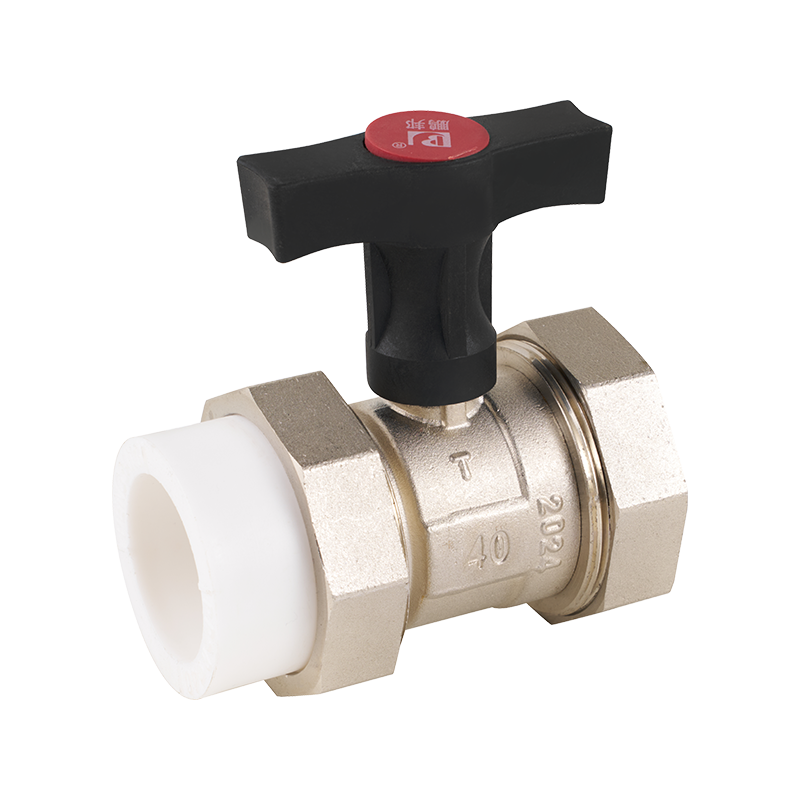
A cold water pressure reducing valve is an essential device used in residential and commercial plumbing systems to regulate and maintain water pressure at a safe and steady level. These valves are often installed where water pressure exceeds the recommended limits, protecting pipes and fixtures from damage. However, because they handle water directly, cold water pressure reducing valves are vulnerable to corrosion, which can impair their function and cause leaks over time. Innovative coatings have been developed to shield these valves from rust and mineral buildup, reducing maintenance needs and improving reliability.
Similarly, PVC backflow preventers play a critical role in preventing contaminated water from flowing back into clean water supplies. These devices are widely used in irrigation systems, industrial applications, and household plumbing to maintain water safety and hygiene. While PVC itself offers some inherent resistance to corrosion, the metal components and connections within a PVC backflow preventer can suffer from degradation if exposed to moisture and chemical substances. Coatings applied to these metal parts enhance their durability, ensuring the backflow preventer remains effective under challenging conditions.
Inline shower shut off valves, found in bathroom installations, offer convenient control over water flow, allowing users to quickly stop water supply for maintenance or emergencies without shutting down the entire system. These valves are frequently exposed to humidity and sometimes harsh water, which increases the risk of corrosion. Protective coatings on inline shower shut off valves prevent surface wear and corrosion damage, ensuring smooth operation and longer life spans. This is particularly important in households with hard water or where valves are in constant use.
The coatings used on these valves range from advanced polymer layers to specialized metal treatments. One common approach involves the use of epoxy-based coatings, which provide a dense, non-porous barrier that resists moisture penetration and chemical attacks. Epoxy coatings have been applied successfully on cold water pressure reducing valves to protect the internal and external surfaces, lessen rust formation and the harmful effects of sediment accumulation. The result is a valve that maintains consistent pressure regulation with less need for repairs.
For PVC backflow preventers, coatings may include polyurethane or fluoropolymer finishes that adhere well to metal parts and resist abrasive forces and chemicals commonly found in irrigation and industrial water systems. These coatings improve the backflow preventer's resistance to corrosion caused by fertilizers, pesticides, or other contaminants. By extending the life of these valves, users can avoid frequent replacements and the associated downtime of their water systems.
Inline shower shut off valves benefit from coatings designed to resist lime scale and mineral deposits, which are common in bathroom environments with hard water. Some innovative coatings incorporate anti-fouling properties, reducing buildup and making cleaning easier. These coatings also protect the valves from the effects of constant moisture and temperature fluctuations, preserving the valve's mechanism and aesthetic appearance over time.
Another important factor to consider is the environmental impact of coatings used in valve manufacturing. Many recent developments focus on eco-friendly materials that reduce volatile organic compounds (VOCs) and use safer chemicals without sacrificing protective performance. This approach ensures that cold water pressure reducing valves, PVC backflow preventers, and inline shower shut off valves are manufactured with sustainability in mind, aligning with growing environmental standards in the plumbing industry.
In addition to protecting valves against corrosion, innovative coatings often improve other performance aspects such as resistance to UV rays and abrasion. For instance, cold water pressure reducing valves installed outdoors or in exposed areas can face sunlight degradation. A durable coating helps maintain valve integrity and function despite such exposure. Likewise, PVC backflow preventers used in agricultural or industrial settings may endure mechanical impacts, and coating technologies help shield them from scratches or dents.
Maintenance routines for valves also benefit from these protective coatings. Valves like the cold water pressure reducing valve require less frequent cleaning and inspection when corrosion is lessd. PVC backflow preventers remain sealed and leak-free longer, reducing the risk of contamination. Inline shower shut off valves operate smoothly without stiffness or corrosion-related failures, providing users with hassle-free control over their water supply.
In summary, the adoption of innovative coatings for corrosion-resistant valves represents a meaningful advancement in plumbing component technology. These coatings enhance the durability and functionality of critical valves such as cold water pressure reducing valves, PVC backflow preventers, and inline shower shut off valves. By offering protection against moisture, chemicals, and physical wear, coatings help extend valve service life, reduce maintenance costs, and contribute to safer and more reliable water systems. As research continues, these protective technologies are expected to evolve, providing even more resilient solutions for valve manufacturing and application.


 English
English русский
русский Español
Español عربى
عربى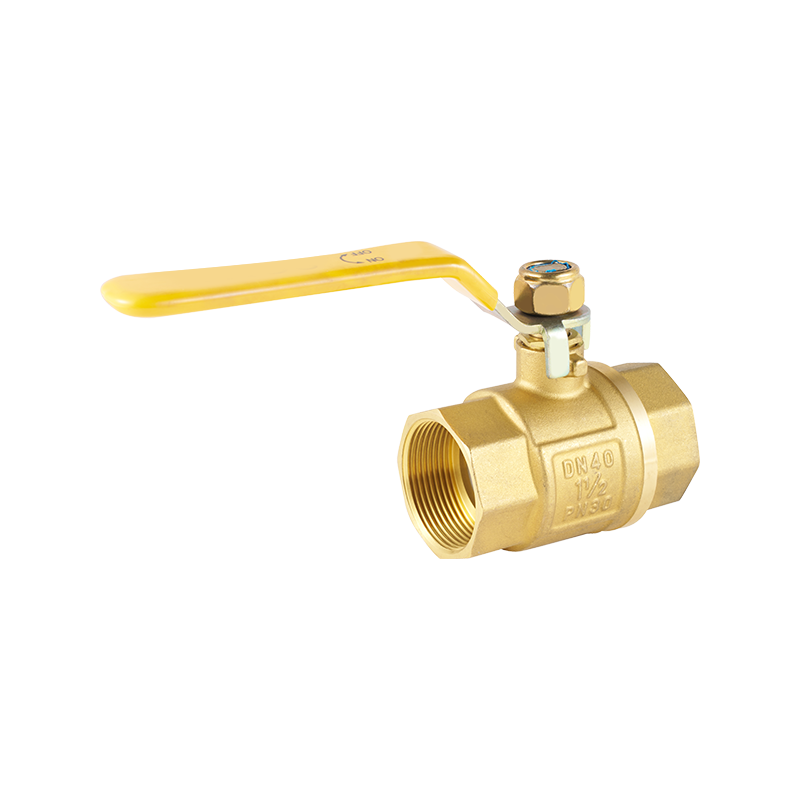

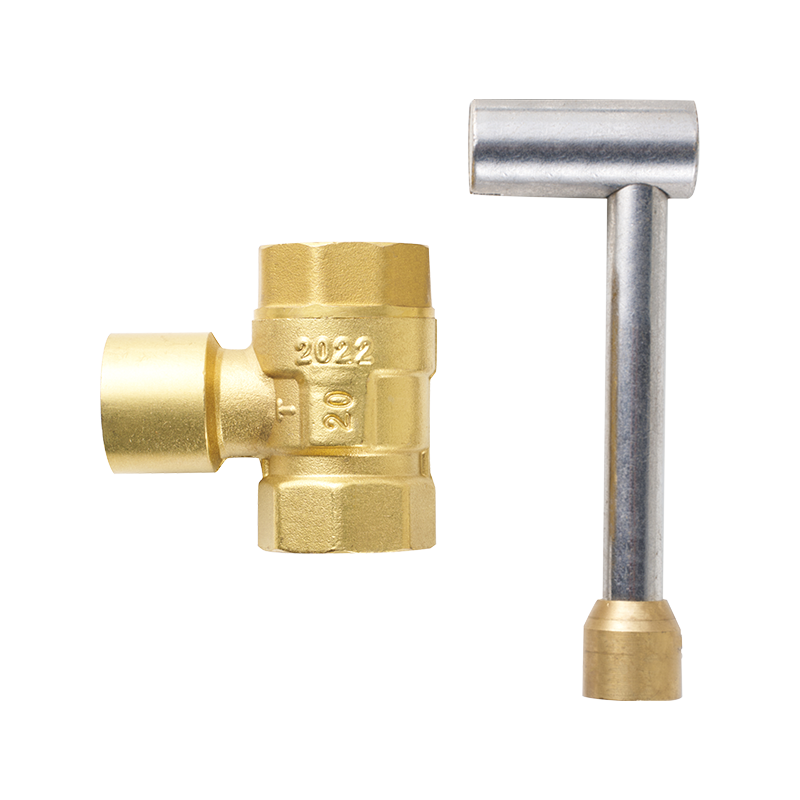
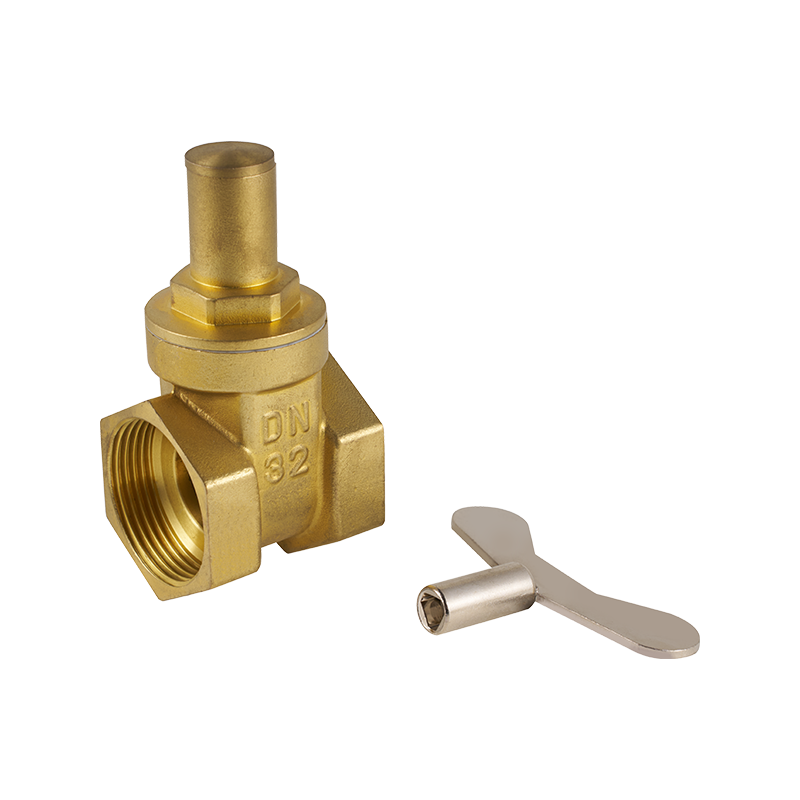
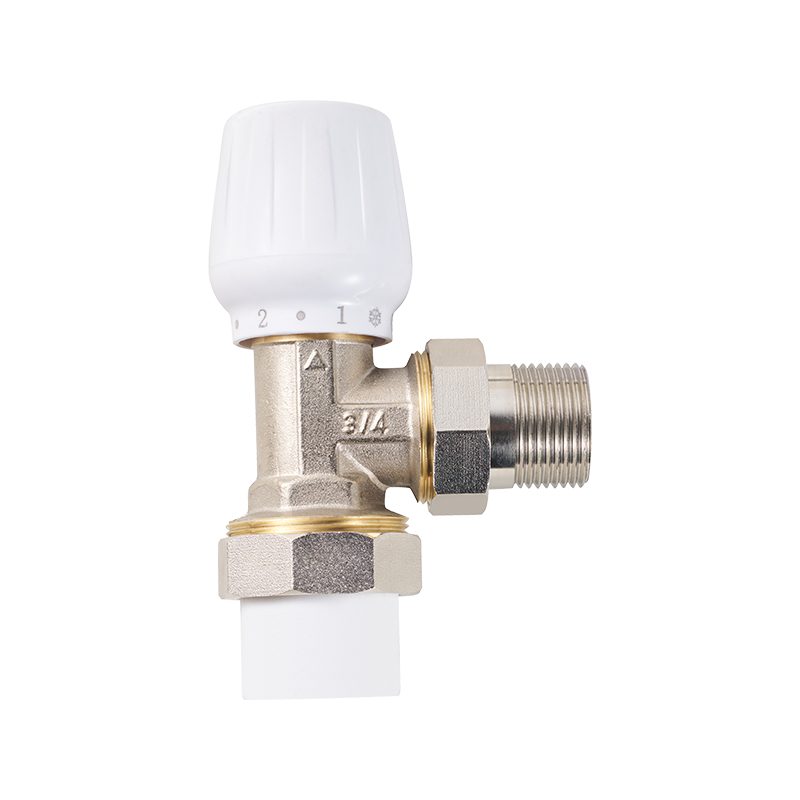
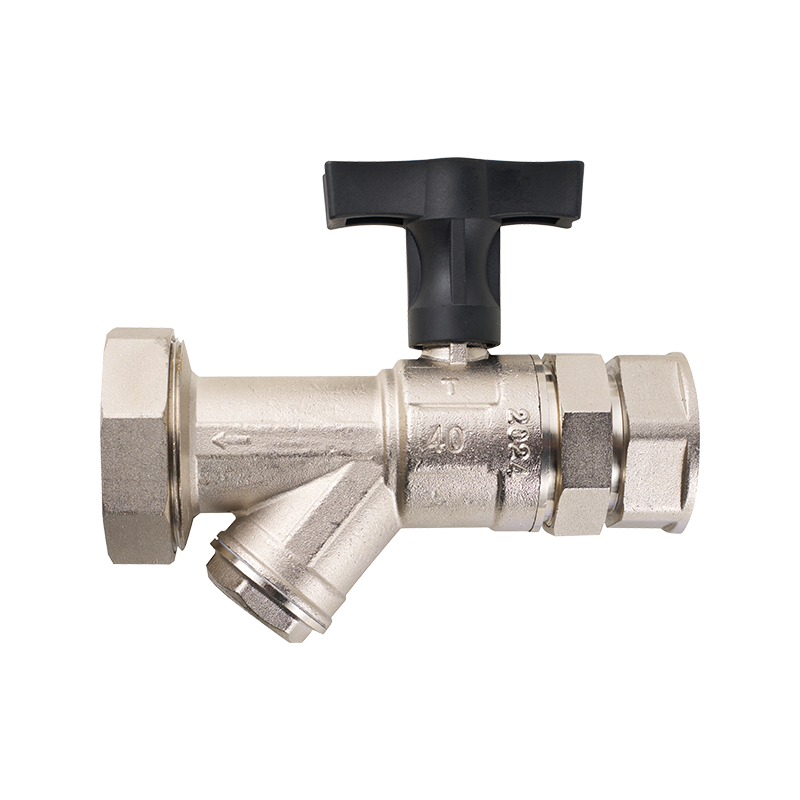

 CONTACT US
CONTACT US